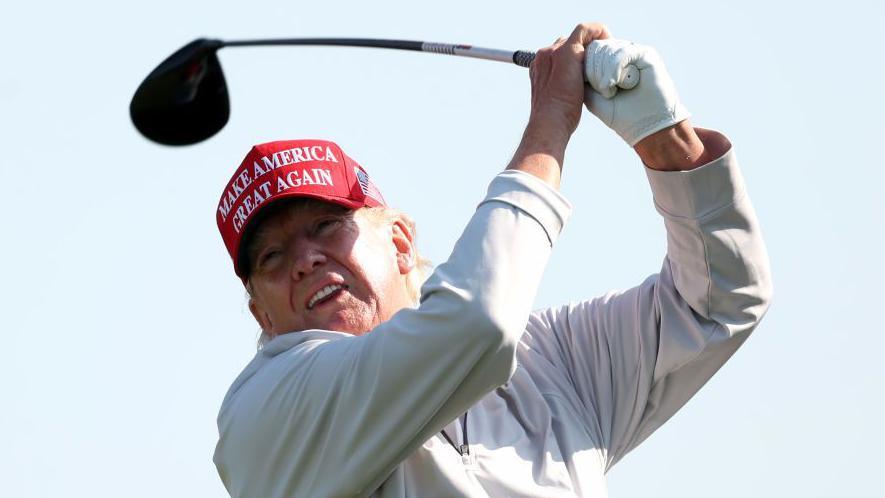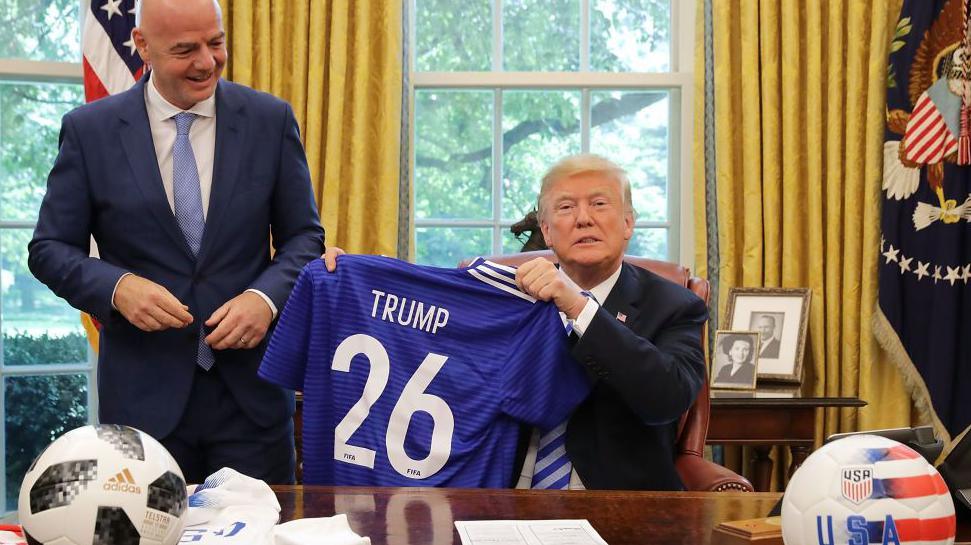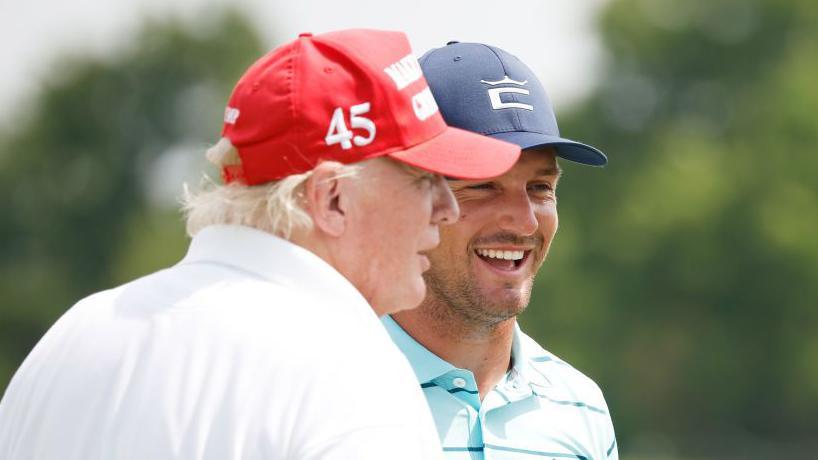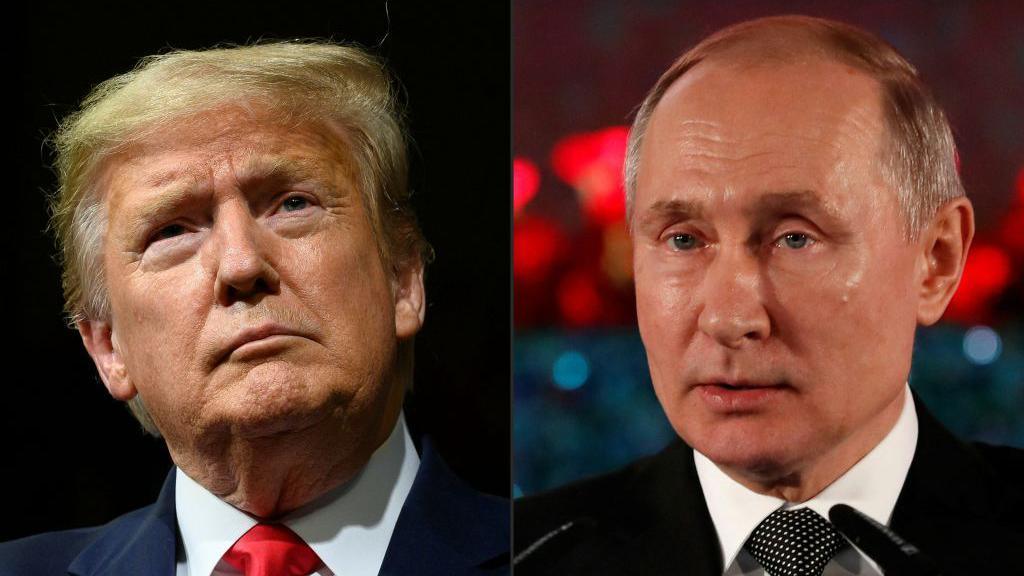In Trump's first term, sport and politics regularly clashed in the US, with his presidency appearing to spark a new era of intensifying athlete activism.
In 2017 he was highly critical of the NFL and players who kneeled during the traditional pre-match national anthem in a protest against racial injustice and police brutality towards African-Americans, a movement started by former San Francisco 49ers quarterback Colin Kaepernick.
Trump accused them of a lack of patriotism and clashed with a number of top US sports stars - including NBA legends LeBron James and Stephen Curry, and footballer Megan Rapinoe - with some teams rejecting invitations to the White House in protest at his policies.
Basketball coach Steve Kerr emerged as a prominent voice of protest against Trump's suspension of the US refugee programme.
In 2020, several top stars - including James - launched a campaign designed to encourage more people from black communities to have their say in the presidential election, which Trump narrowly lost.
The 2024 election campaign saw both presidential candidates receive the support of a host of sporting figures. It would be little surprise if US sport is politicised once again, and if more athletes use their platforms to speak out on a host of social issues, now Trump is back in the White House.
However, it is also worth noting 95% of the tens of millions of dollars donated by sports team owners in the major US professional leagues in recent years reportedly went to Republican campaigns, candidates and committees.
That suggests those in charge of domestic sport are largely content with Trump, and that it may be the major international sporting events the US is due to stage over the coming years where the biggest impact of his return could be felt.



